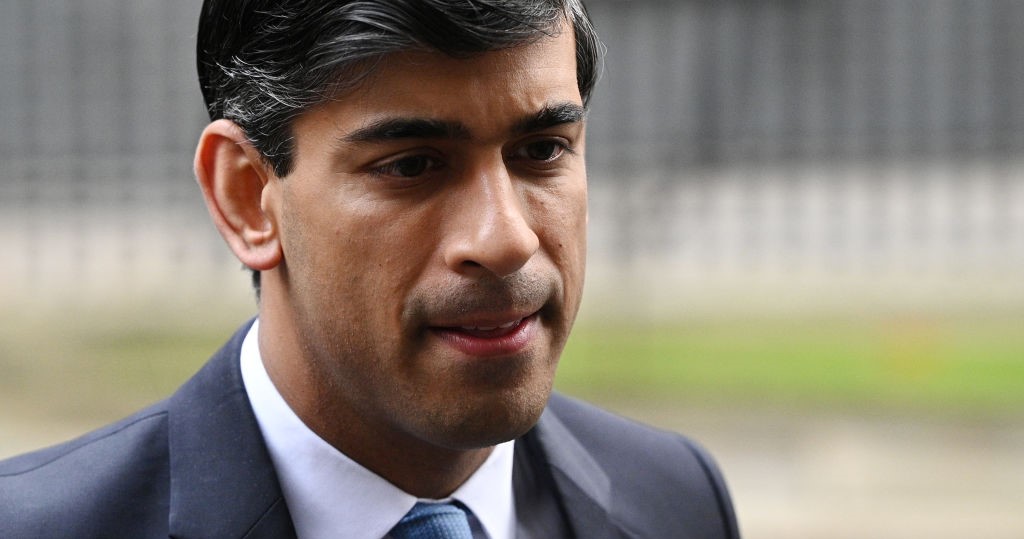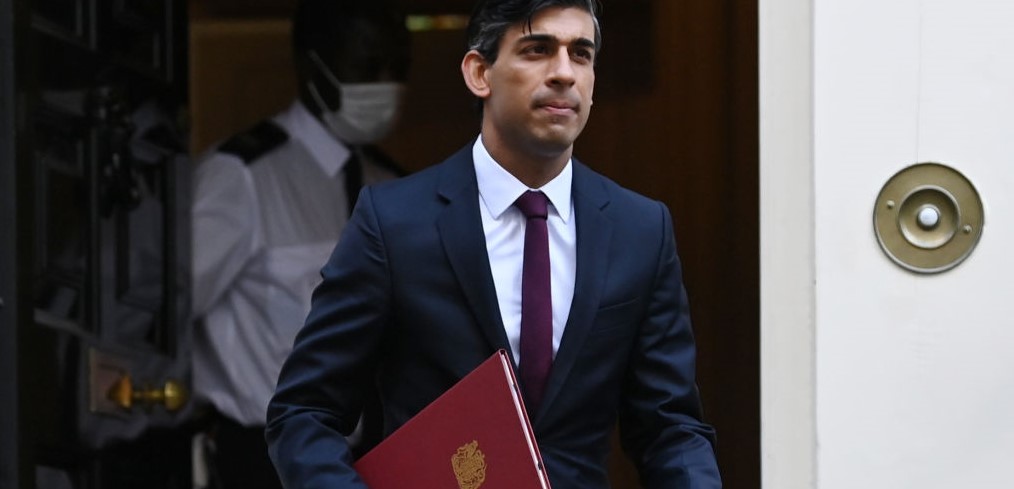The ‘great pretender’
Last month, the government celebrated that it had â€named and shamed’ 200 companies for failure to pay the minimum wage – the largest number of companies since the â€naughty list’ scheme was first introduced three years ago.
“It is not acceptable that some employers fail to pay at least the minimum wage their workers are entitled to,” said business minister Margot James at the time.
“So we’ll continue to crack down on those who ignore the law, including by naming and shaming them.”
But in shocking revelations by the Independent (September 22), it has been discovered that this so-called â€crack down’ may be nothing more than slap on the wrist – since the â€name and shame’ scheme was introduced in 2013, the government allowed 28 companies that had been violating the law to be exempt from the list of employers paying less than the minimum wage.
The department for business, energy and industrial strategy (BEIS) released a document noting that there were “exceptional circumstances for not being named under the scheme”.
These circumstances can be related to national security or if naming “carries a risk of personal harm to an individual or their family”.
After a Freedom of Information request from the Independent, it was revealed that all but six of the 28 companies were exempted from the list because they claimed to the government that they risked being personally harmed.
The remaining six companies won an exemption because “other factors suggested it would not be in the public interest to name the company”.
Beyond merely keeping these companies’ names under wraps, the BEIS refused to even discuss what sort of evidence a company would have to produce to claim an exemption.
When it was first revealed that some companies could be exempt from being put on the list in May if they proved they would be attacked, then-Labour trade spokesperson Kevin Brennan called it “an extraordinary excuse”.
Special treatment
“Why are these employers who fail to pay the legal minimum wage given special treatment when others who break the law are not?” he asked.
“The public should be told who these firms are – until that is done there will inevitably be concerns about why the government names some and not others.”
Business minister Nick Boles noted earlier this year that many employers had reached out to him to beg to stay off the list.
“Honourable members should see some of the letters I receive from employers trying to persuade me to exclude them from a naming and shaming round,” he told MPs in a Commons debate.
“They take it very seriously indeed, as they do not want their customers and suppliers – and indeed their neighbours – to know that they have broken the law.”
Unite assistant general secretary Steve Turner accused the government of rank hypocrisy.
“Only last month, the government crowed incessantly about the hundreds of companies it had â€named and shamed’ for non-payment of the minimum wage,” he said.
Lacking in transparency
“And now we discover that actually there is a mechanism for companies to avoid being put on the list, one that is completely lacking in transparency,” Turner added. “This, if anything, is a perfect reflection of the Tory government under prime minster Theresa May so far – pretending to do something about social and economic injustice on the surface, but behind closed doors cosying up to big business just as ever.
“The only way to truly stop businesses from paying their workers less than the minimum wage is to ensure that the law is enforced by actual punitive measures. That means serious fines or even jail time for bosses who skirt the law.
“Although we believe â€naming and shaming’ only goes so far in forcing businesses to do the right thing, from our experience with our campaign against Sports Direct, bad publicity can have a powerful effect that can serve as a vehicle for change.”
Indeed, after a Unite campaign that brought Sports Direct’s working practices to the attention of the public, including its failure to pay the minimum wage, Unite won back pay for thousands of workers and the company eventually agreed to end its use of zero hours contracts for shop staff.
Now, thanks to Unite’s own â€naming and shaming’ campaign, Sports Direct has also agreed to a full independent review of its employment policies.
“In this sense, â€naming and shaming’ has its place,” Turner noted. “But if it’s being undertaken by the government, the process must be fair and transparent. We call on the government to release the names of the 28 companies that have broken the law and to explain any and all exemptions.”
 Like
Like Follow
Follow


